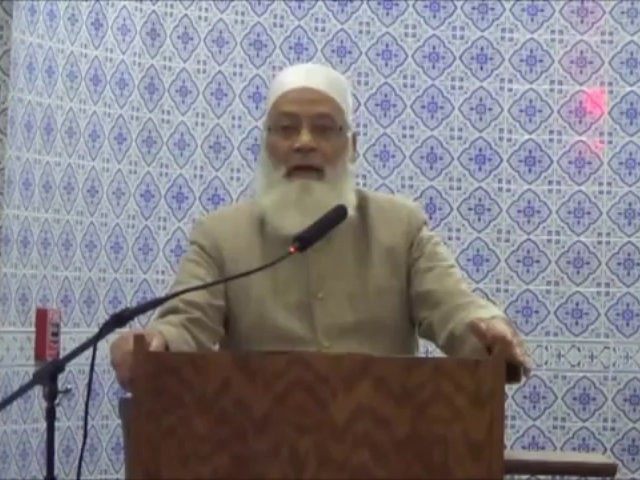Zainab Khan, a Muslim women’s rights activist, writes in the Daily Beast about her struggle with Mohammed Abdullah Saleem–a Chicago imam, described as the “Billy Graham of Islam,” currently facing charges of sexual assault from a 23-year-old former employee.
The decision by courageous women in Kabul, Afghanistan, to defy the orders of mullahs and carry the coffin of a young woman, Farkhunda—slain for the false accusation of burning the Quran— took me to a dramatic moment last spring when I faced off against an imam, not in some faraway city in our Muslim world, but in our own backyard, right here in the United States, in the Chicago suburb of Elgin, Ill.
Today, that imam, Mohammed Abdullah Saleem, faced new criminal charges for alleged sexual assault.
My confrontation with the imam was about something much more ordinary, but also deeply personal, and my experience reveals the challenges women face in standing up to Muslim clerical leaders—as women do in most faiths, but particularly in ours, stuck as it is religious hierarchies that are the exclusive domain of men.
On May 29, 2014, my beloved father, Jehan Zeb Khan, passed away from prolonged sickness. I was heartbroken. Born in Afghanistan, my father came to the U.S. in the 1950s, knowing that he wouldn’t have the same chances for success had he remained in Afghanistan. He wanted his family to have the life and dignity which he foresaw that he would be stripped of, had he chosen to live there.
…
When my father died, I felt my world crumble. Little could I know how an imam in my local mosque would make my grieving even more painful. My experience is a window into the deeper issues of abuse of power, misogyny and corruption among religious leaders in too many of our Muslim communities, including in the U.S.
…
I wanted to ensure that my father received traditional Islamic funeral processions. I didn’t realize the monumental challenge I faced, as I soon realized that I was left to fight for the right to participate in his burial. With three daughters, my father didn’t leave any male heirs. For women such as myself, unmarried with no brothers and no sons, the chances of equal participation in something such as a burial required me to be dependent upon a male. My values of empowerment and independence, something my father vehemently instilled in me, were left to be compromised.
…
To bury my father, I had to get permission from one man: Saleem, an imam at the Masjidul Islam, Institute of Islamic Education in Elgin. This was a community mosque my family associated with since its inception.
I wanted to honor my father with a traditional Muslim funeral, but Saleem quickly declared that my two sisters and I could not attend our father’s funeral. He told us, we would have to wait downstairs in the mosque during the service and stand across the street from the cemetery as our father’s body would be interred. The imam sought to deny us the basic right to say goodbye to our father in person. The reason: We are female.
Read the rest of the story here.

COMMENTS
Please let us know if you're having issues with commenting.